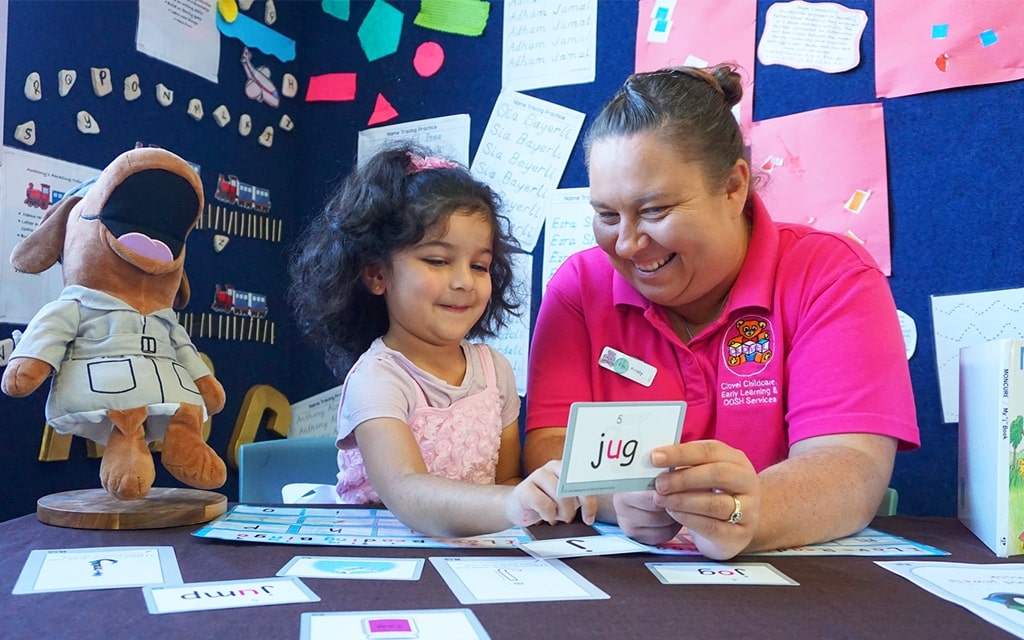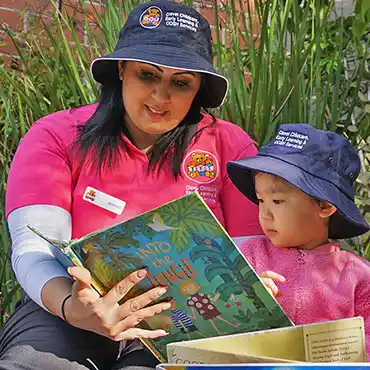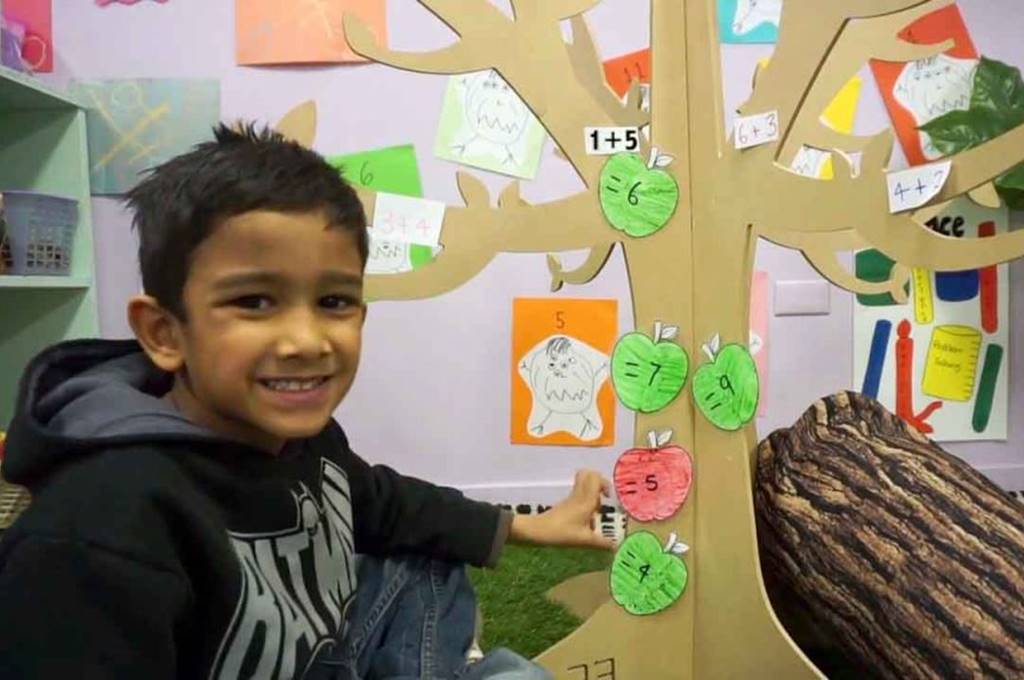
Shaping our children’s futures and maximising their learning is a vital responsibility as parents and carers. This requires a wide-ranging, varied approach encompassing as many experiences and opportunities to explore the world as possible. Few elements of this strategy are more crucial for their long-term success than acquiring and building foundational literacy development.
At Clovel Childcare, we are huge advocates for early literacy skills in Australia, and this article provides some insight into our thinking.

Literacy activities and engagement with books as children heavily influence reading skills and a love of consuming books throughout life. It represents a fundamental keystone of learning that has a powerful effect on our long-term aspirations and future academic success. Early literacy and academic success are inextricably linked, and with the right encouragement, we can foster a lifelong passion for reading.
Some of the significant benefits of devising literacy activities for young children and encouraging them to gain a love of reading at a young age include:


Children soak up information from many sources as they take their first tentative forays into the world, and reading is an essential way to introduce them to language and learn to recognise its structure.
Recognising word sounds and their relationship to the words as written is a core skill that propels our reading ability and is an important benefit of targeted literacy activities for young children. Some key features of phonological awareness include:
Sounds that repeat within a group of words
The relationship between phonemes (spoken sounds) and graphemes (their written counterparts). Phonics are critical to identifying and using different sounds, distinguishing individual words, and understanding spelling patterns.
Any structured, quality preschool program will include many opportunities to engage with language through activities promoting phonological awareness and building an excellent platform to develop early literacy skills in Australia.


Foundational literacy development is not as dry and academic as it might sound, but it actually represents a beautiful journey of discovery we can share with our young children. Some fun, engaging literacy activities for young children we might employ include:
We can play hundreds of fantastic word games with children of all ages. Research your favourites, and don’t be afraid to make up some fun ones! Study the core tenets of early learning requirements, and you will find myriad literacy activities for young children.
With guidance and reading aloud, even the youngest learners gain a strong foundation that leads to enhanced reading and writing skills as they progress.
Singing and nursery rhymes enhance children's engagement and enjoyment of language learning, so incorporating them is necessary.
Using every opportunity to introduce words to children is crucial, and real-world examples are a fantastic way to consolidate earlier lessons and generate new vocabulary.
From fridge magnets to floating bathtime letters and even cookies shaped like letters, think outside the box and introduce wordplay whenever possible.

Mastering language skills and comprehension is critical to excelling in other subjects.
Everything from numeracy and maths to science and technology is delivered and understood using language, so its speedy, effective development is non-negotiable if we want to give our children the best chance of success later in life, academic or otherwise.
Simply put, it is never too early to begin reading to children and forming an interest in books. When they are very young, reading time represents a time to bond. They will gain listening skills and associate books with comfort and love.
Although pre-reading skills develop before our first birthday, and children can typically repeat words from their favourite books by age 2, most children do not become fluent, independent readers until around 6 or 7.

There are many building blocks of lifelong learning, and they may seem complex at first glance. However, many simply involve nurturing practical skills and inflaming their curiosity. The following are essential building blocks, and none is more critical than the first on the list:
Learning is the adventure of a lifetime, and each building block we cement in place contributes to a stronger foundation on which to build.


Children do not simply learn when at school and switch off the moment they leave. Our youngest people are like sponges that constantly soak up information and new experiences. Although structured learning is a keystone of development, there are endless ways to consolidate and enhance those lessons at home with enough effort and imagination. The more opportunities we can take advantage of to familiarise young children with words in all their forms, the better their chances of grasping concepts and advancing rapidly in many aspects of their learning.

As great believers in the benefits of early reading, our experienced, skilful team members will gladly discuss our award-winning early learning centres, so please contact us today.
We can help with everything from detailing our nutritious meals menu to using Kindyhub, our system for communicating with parents and carers. We also have an informative blog you might be interested in reading for further insight into our targeted learning approach, providing children with a home away from home.


Lyn Connolly is the Founder and Company Director of Clovel Childcare & Early Learning Centres, a family‑owned group of eight centres across Western Sydney established from her first service at Merrylands. Active in early childhood education since 1977, she also serves as President of the Australian Childcare Alliance (ACA) NSW, representing providers in state and federal consultations, media, and public hearings.
Choosing your child’s childcare and early learning centre is one of the biggest decisions you will ever have to make for your child. If you have more questions for us or would like to book a tour of one of our centres, please fill out our form and we’ll be in touch!






Join our Clovel newsletter to keep up to date with the latest news, blogs, tips & advice or follow us on YouTube, Facebook and Instagram.